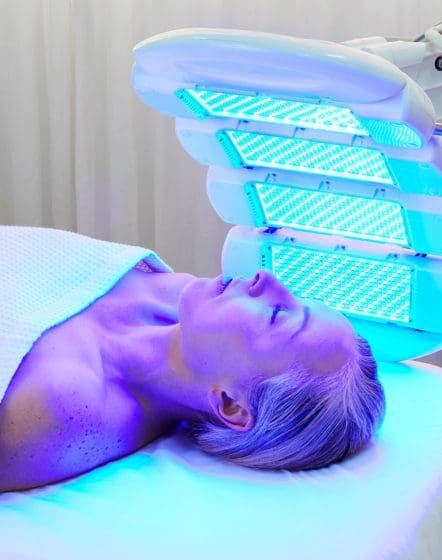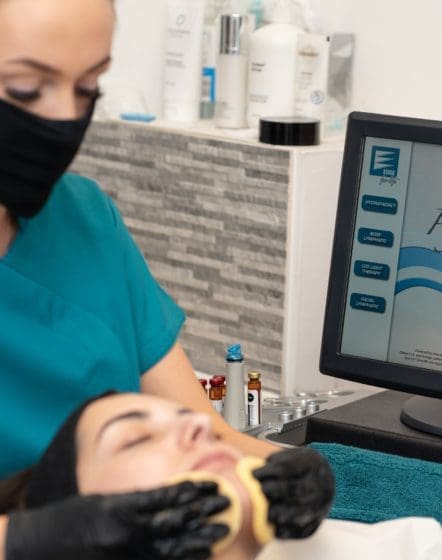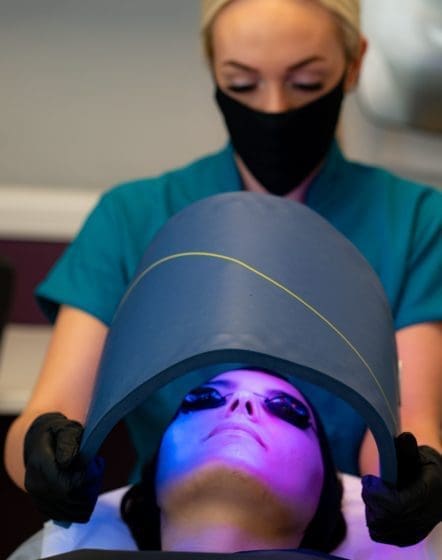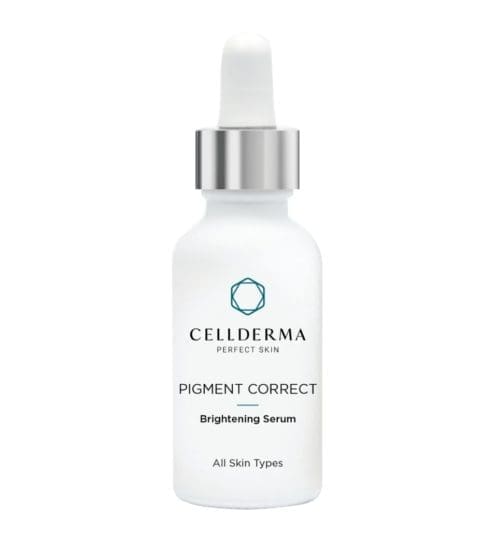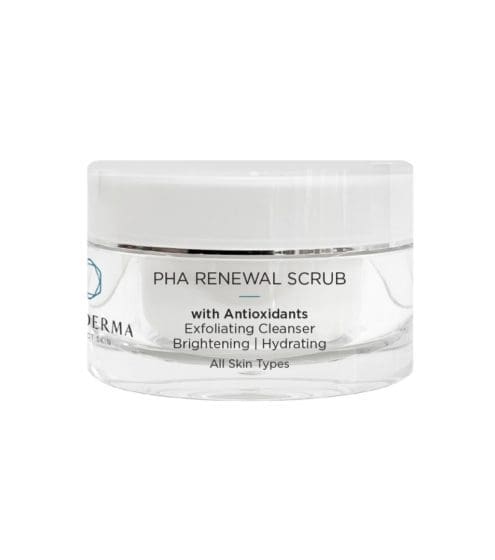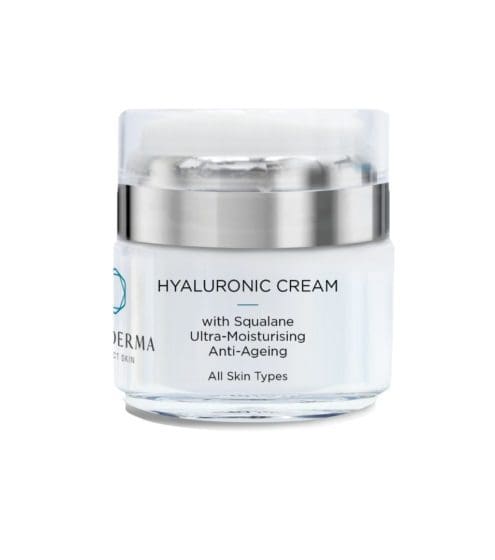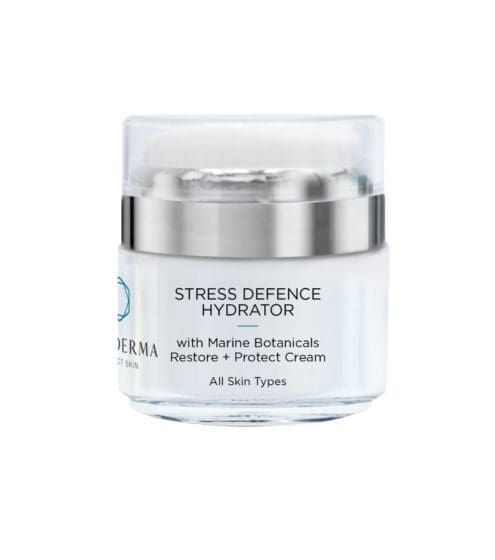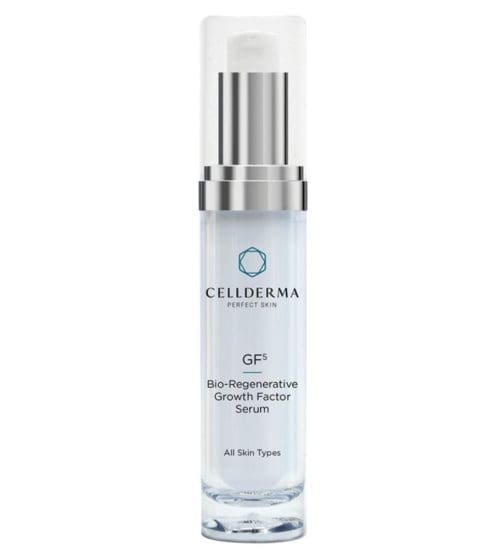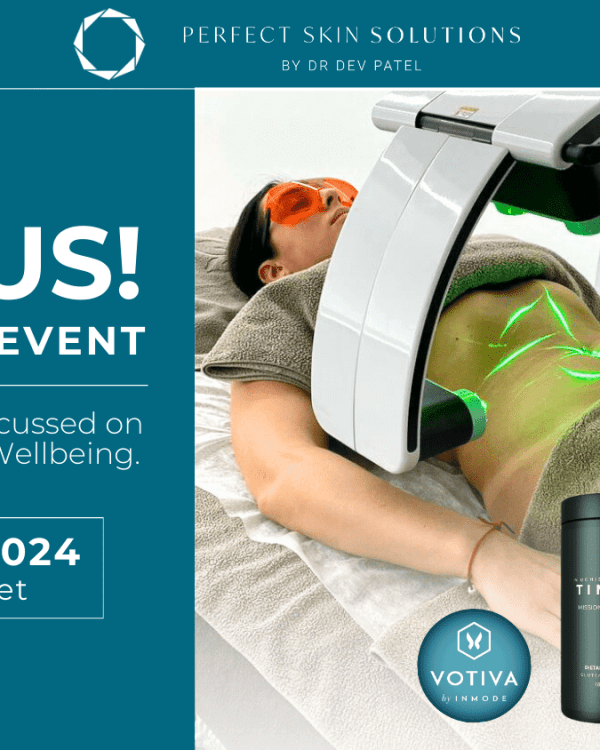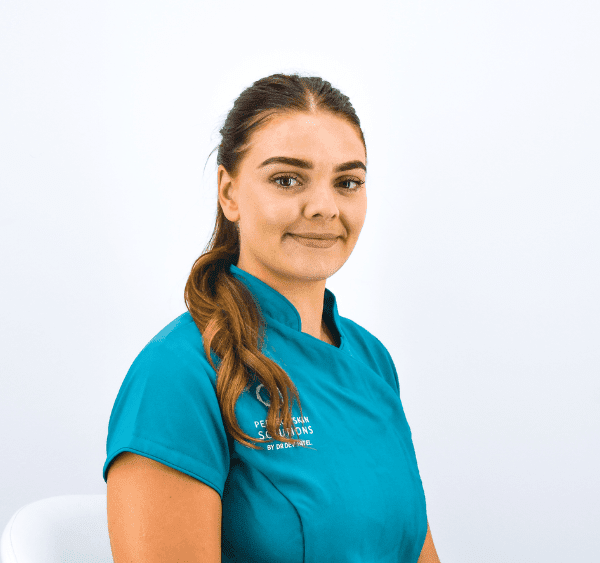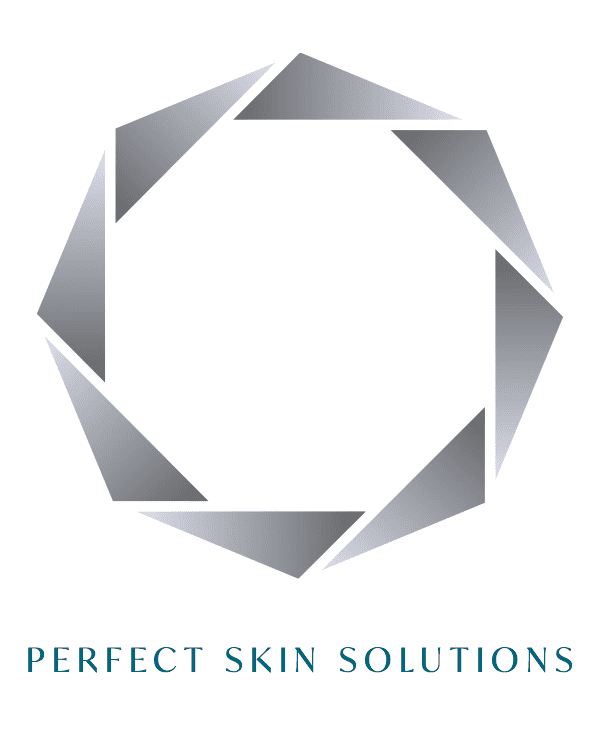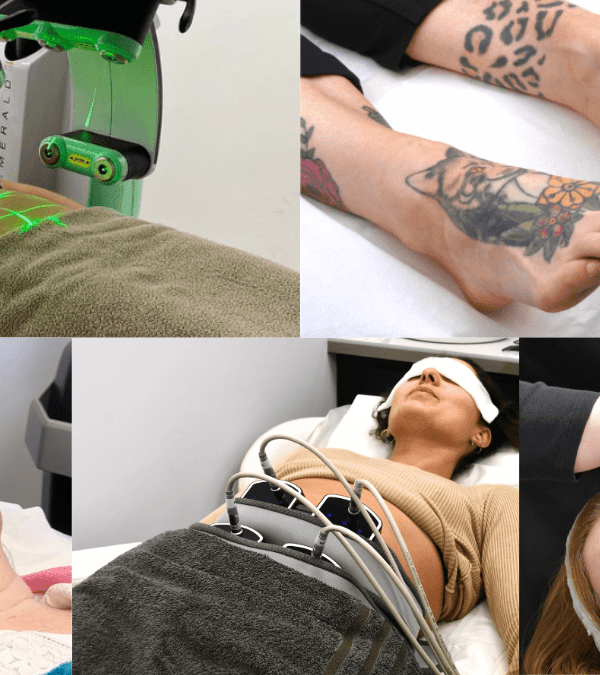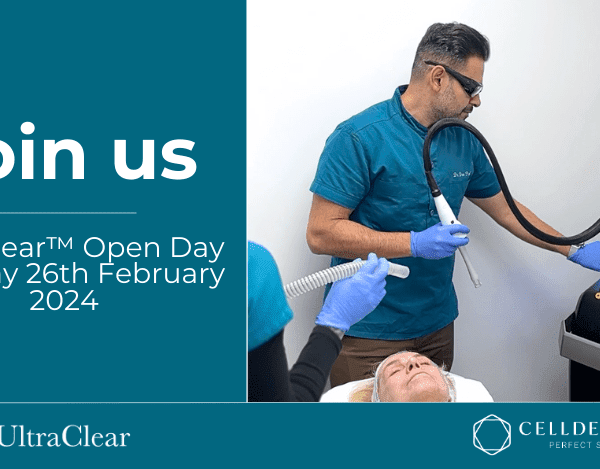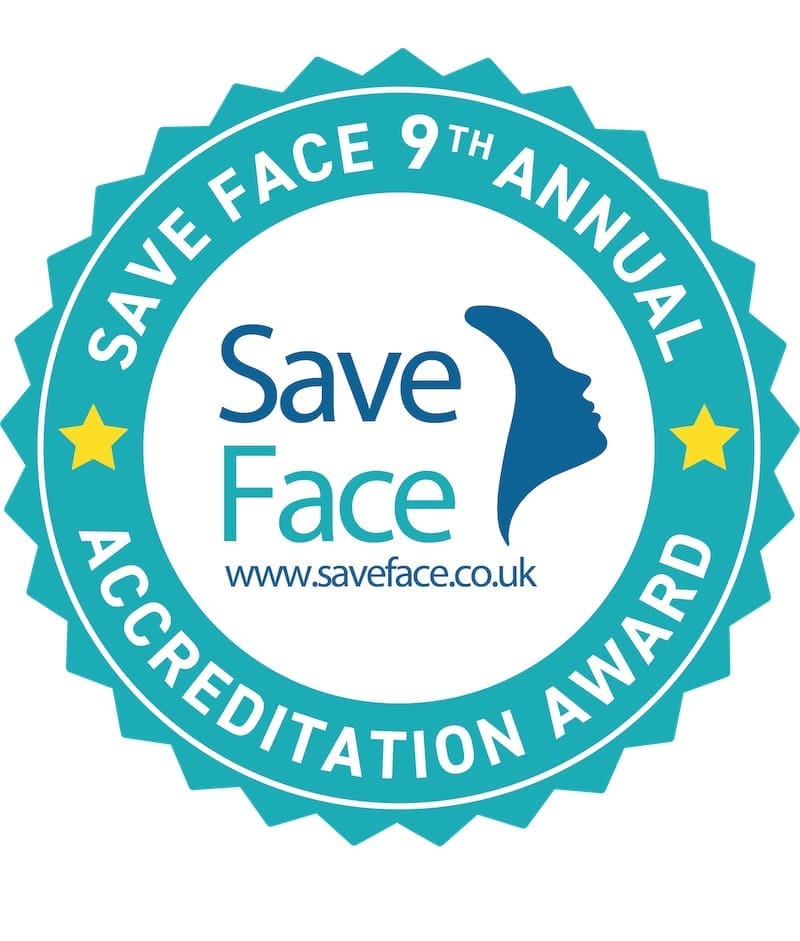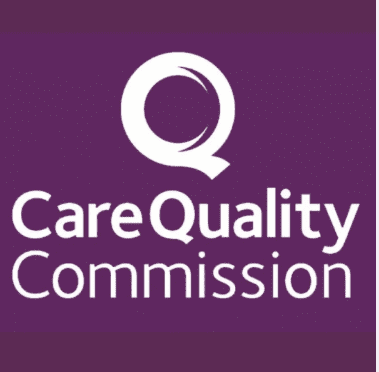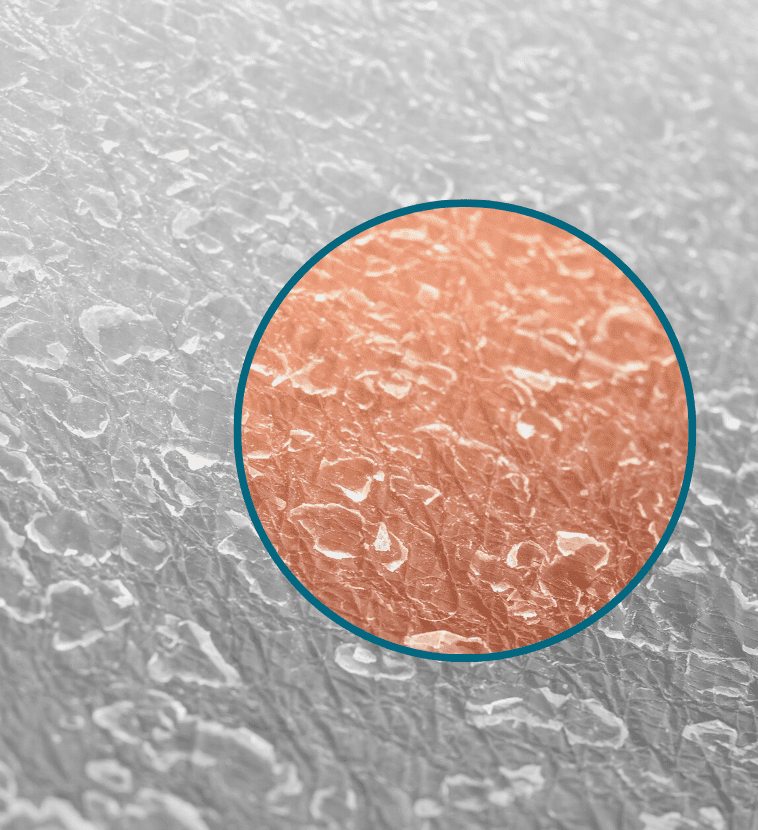

face/body/skin/foot Condition
Dry Skin
Dry skin is an uncomfortable condition that commonly presents itself with a scaling appearance, itching, and cracking. There are a number of reasons why this can happen. You may just naturally have dry skin. You can even have dry skin from time to time if your skin is naturally oily.
Any part of the body can be affected by dry skin, most commonly the face, hands, arms, and legs. Washing your hands too often and using hand sanitiser can cause your hands to become dry. Dry weather conditions, hot water, and using chemicals can also cause your skin to become dry as well as underlying medical conditions.
The medical term for dry skin is Dermatitis. There are different types of Dermatitis: Contact Dermatitis (this is when your skin reacts to something it touches), Seborrheic Dermatitis (this is from your skin producing too much oil) and Atopic Dermatitis (also known as Eczema). There are other conditions that can also lead to dry skin like Psoriasis. It is very common for people to develop dry skin as they get older. The main cause is from the skin losing water too fast and becoming dehydrated. Some people experience dry skin more than normal skin, this would be classed as severe dry skin which can be more challenging to treat. Some causes of this are age, medications, vitamin deficiencies, underlying health conditions and eating disorders.

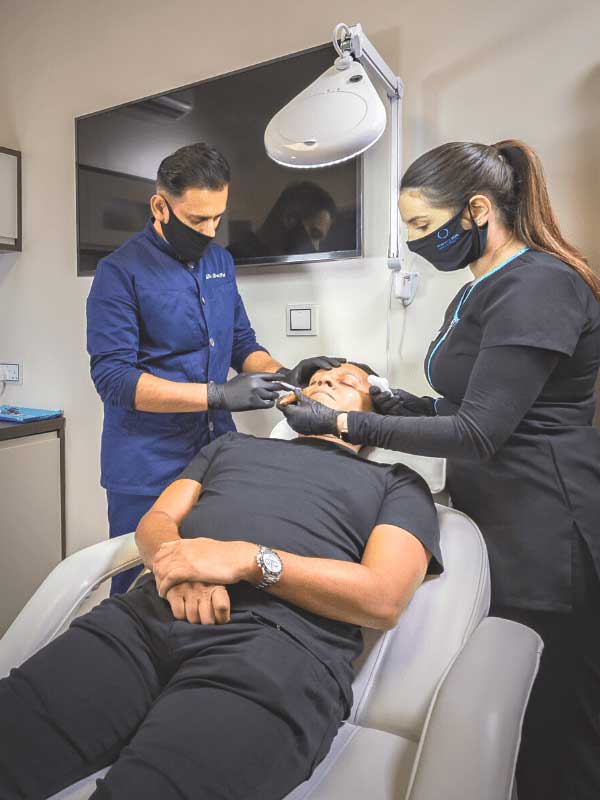

Why have your Dry Skin treated at Perfect Skin Solutions?
Over the counter creams, increasing fluid intake and changing your skincare routine are all actions that can be taken to relieve the symptoms, however, we believe strongly in holistic treatment. We have a great success rate in mitigating the discomfort and appearance of dry skin.
Get in contact


























